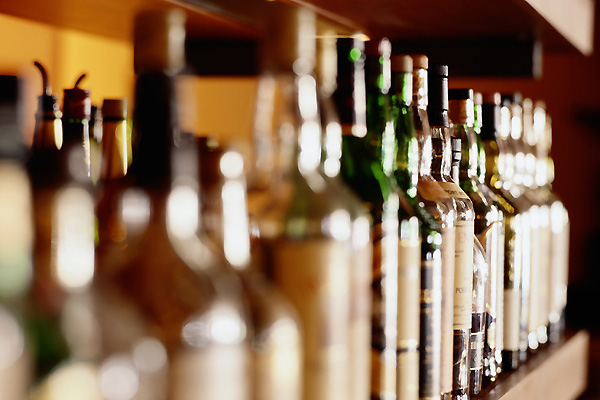MARIBYRNONG’S already struggling health services are being further stretched by a rise in alcohol-fuelled violence and harm.
A damning Victorian Auditor-General’s report has found alcohol abuse costs the state more than $4 billion a year, despite the government spending millions of dollars to fix the problem.
The report, tabled in state Parliament last week, slammed the state’s alcohol initiatives s “fragmented, superficial and reactive”.
It detailed a series of shortcomings in tackling a tripling of alcohol-related ambulance call outs and a 49percent spike in alcohol-related assaults in Melbourne.
There were 185 alcohol-related ambulance call outs in Maribyrnong last year, second only to heroin.
Since 1998, the number of Victorian liquor licences has more than doubled to 19,000.
The Weekly reported in December that poorer suburbs such as Footscray are saturated with more booze outlets than their wealthier neighbours.
The City of Maribyrnong had 238 licensed venues, including 31 bottle shops. The Department of Justice’s compliance directorate carried out 227 inspections on Maribyrnong premises in 2010-11, finding 56 venues were not complying with the conditions of their permit.
Mayor John Cumming said people needed to take responsibility for their actions and drink in appropriate ways.
“The community does not tolerate individuals who are abusive, violent or damaging property,” he said.
A 2010 study confirmed a correlation between alcohol and assaults committed on weekends in Footscray.
The Australian Institute of Criminology report found the median number of standard drinks consumed by assault offenders was 14, which equates to about 10 stubbies of full-strength beer.
Women’s Health West family violence manager Jacky Tucker said there was a strong relationship between alcohol abuse and violence, particularly against women and children.
Acting Auditor-General Peter Frost found strategies to reduce harm are hampered by lack of government policy, inconsistent liquor licensing laws and inefficient policing.







